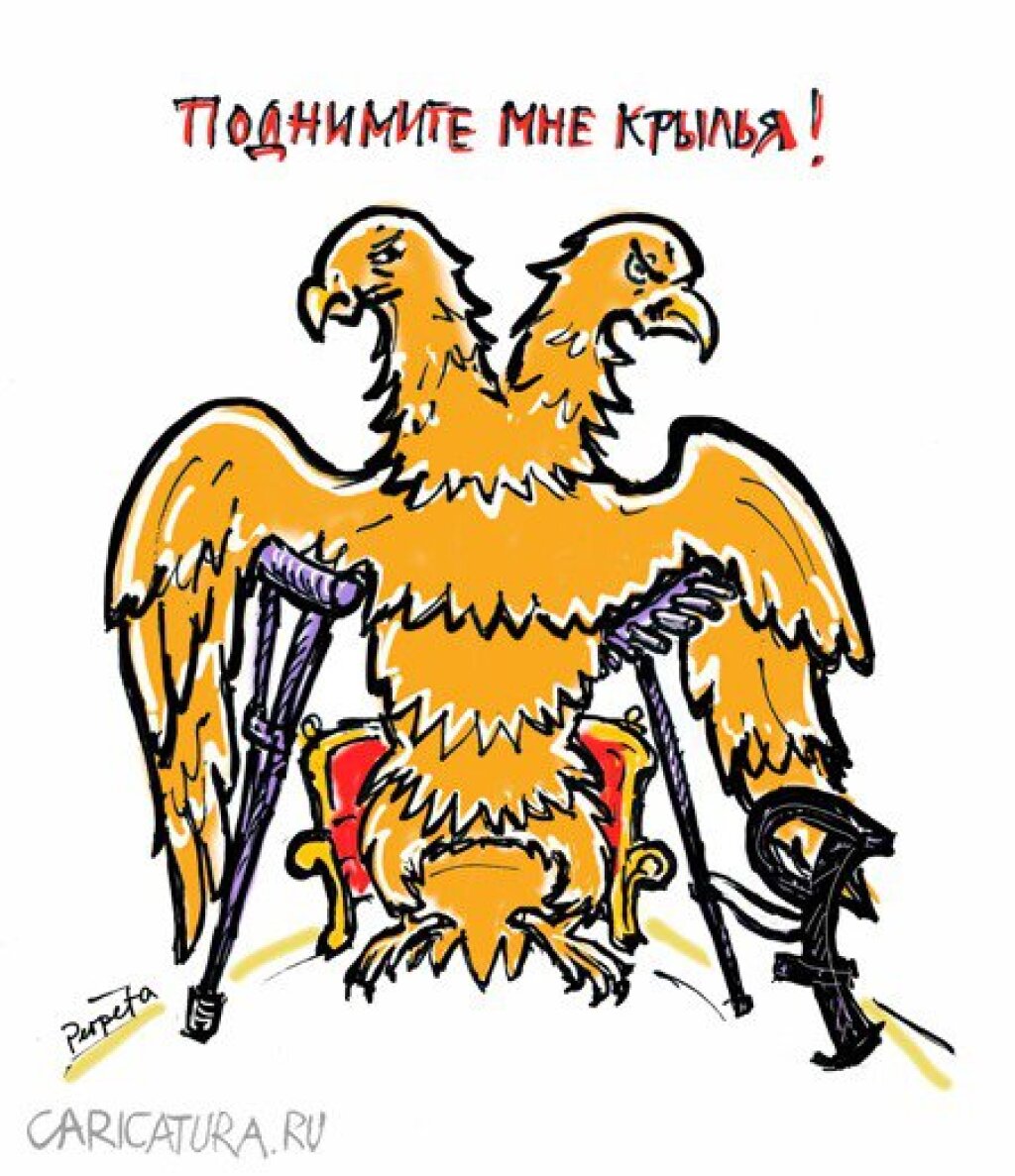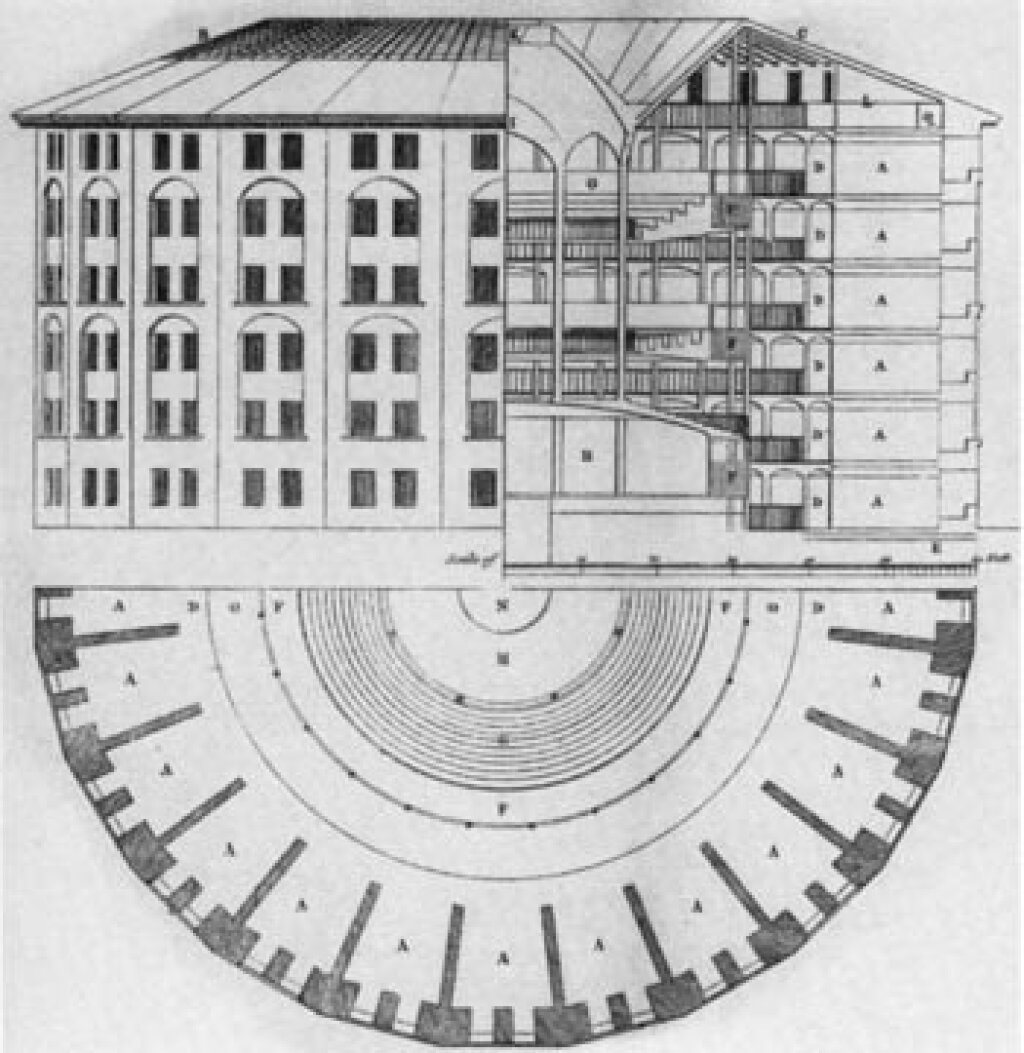This is the third installment of The Turkish Gambit portion of “Rereading Akunin” focusing on . For the introduction to the series, and subsequent installments, go here.
Chapter 3
Which is devoted almost entirely to oriental guile
The subtitle of Chapter 3 refers to "oriental guile,” a phrase that, in its English translation, seems calculated to induce a fervor of postcolonialist outrage. The original Russian conveys the same sentiment as the English, but without pushing quite as many buttons: "Почти целиком посвященная восточному коварству." Rather than the offensive “oriental,” the Russian term is the most neutral possible, as “vostochnyi” simple means “Eastern.” The use of “oriental” in the English is consistent with Akunin’s narrative strategy, based on a kind of ventriloquism of nineteenth-century style that occasionally verges on skaz.
But we’re still left with “guile,” one of many possible translations of the Russian word “kovarstvo.” Other alternatives in English include “cunning” and “treachery.” Bromfeld’s choice of “oriental” is period-appropriate, and suggests that the rest of his translation might not have gone far enough. Had he selected “cunning,” the result would have been more stylistically unified, if also committing to a more full-on pulp flavor.
At this point, since we’re familiar with Akunin’s form of liberalism, his professional credentials as a special in Japan, his middlebrow postmodernism, and his gentle irony about Tsarist Russia, we should not be surprised to learn that Akunin is playing a game here. Of course, it helps that we’re still a couple of books away from the introduction of Fandorin’s Faithful Japanese Manservant, whose role in the subsequent novels necessitates a fascinating set of linguistic and cultural challenges to his English translator’s attempt to make Akunin palatable for Western readers.
In any case, both the chapter’s subtitle and its contents are further evidence that Akunin’s project involves creating a model of Russian patriotism that encompasses political critique. It is a patriotism that is not of the “love it or leave it” variety, even if Fandorin, while always loving Russia, will leave it again and again, like a man who just can’t bring himself to accept that this relationship just isn’t working. (Russia to Fandorin: “It’s not you, it’s me.”)
When we throw Orientalism into the mix, we get a much more complex dynamic than some of the individual moments in the chapter might suggest. This is because Orientalism and Russia are always a complex mixture, in that Russia is simultaneously the subject of one Orientalizing gaze and the object of another. Akunin sets this up quite cleverly, first by including a French foreign correspondent among the group of travelers in the Balkans, and second, by using what is presumably one of his articles from La revue parisienne to start off the chapter. The article is generally quite complimentary to the Russians and their war effort, starts out by exploiting one of the Russian Empire’s most prominent symbols in order to make a point:
The double-headed eagle that serves the Russian Empire as its crest illustrates quite magnificently the entire system of government of that country, where any matter of even the slightest importance is not entrusted to a single authority but at least two, and these authorities hamper each other’s efforts while taking no ultimate responsibility for anything. The same thing is happening now in the Russian army in the field.
That’s all well and good, but the double-headed eagle is far from an exclusively Russian phenomenon. A common feature of heraldry, it was adopted by the Byzantine Empire, the rulers of medieval Anatolia and Mamiuk Egypt, Serbia, and the Holy Roman Empire, to name only some of the many examples. Still, the article’s emphasis on duality is fitting, because we can choose to interpret the eagle’s two heads in terms of the two-way orientalizing gaze mentioned above. Just one year later, at the Congress of Berlin, which would end the conflict that forms the backdrop of The Turkish Gambit, Otto von Bismack would declare, “Russia has nothing to do in the West. She only contracts nihilism and other diseases. Her mission is in Asia. There she...stands for civilization.”
Well, maybe. It’s not worth dissecting what’s wrong with Bismarck’s statement (short answer: everything). But it is noteworthy in highlighting the problem it is trying to solve. By asserting an Orientalist hierarchy (Europe>Russia>Asia), it assigns Russia a stable spot in the Orientalist imaginary geography. But The Turkish Gambit has no need of such stability. Here, Orientalism functions as a hall of mirrors or a mise-en-abyme. The two-headed eagle is an Orientalizing basilisk.
The bulk of the chapter, after all, examines Ottoman internal politics with a decidedly jaundiced eye. But the internal “treachery” of the Ottomans is already linked with the broader world, Russia included, since it is masterminded by Anwar-effendi, one of Lady Astair’s former charges. The pages-long letter details an Ottoman Empire on the verge of collapse, thanks to its inertia and traditionalism, but with the possibility of rescue through the modernizing efforts of Anwar-effendi, a man who is (arguably) trying to improve the Empire, but for (equally arguably) nefarious purposes.
Does this description remind us of anyone? Russia at this point is also a troubled empire whose expiration date is part of the readership’s common knowledge. Russia would also be modernized by someone (or someones) whom Akuninesque liberals might comfortably call villains. Given Akunin’s penchant for historical parallelism as gentle satire, perhaps Akunin is finding these parallels not only in time (with the turn of the twenty-first century), but also in place?
All of which brings us back to Akunin and his relationship to the Russian state. By sheer novelistic chance, the man debriefing him on current affairs is Lavrenty Akradievch Mizinov, Erast Petrovich’s last boss in The Winter Queen. Mizinov reminds Fandorin that, though on leave, he is still a member of the Third Section. Varya is appalled—she has nothing but contempt for the Tsar’s secret police. Fandorin himself takes a principled position that surprises both her and Mizinov: “it is not you that I serve, but Russia. And I do not wish to take any part in a war that is not only pointless, but actually ruinous for her.”
This will not be Fandorin’s last statement on the nature of patriotism; Erast Petrovich’s independent, ethical stance will most famously lead to the climax of The State Councillor (a moment turned on its head by Nikita Mikhalkov when the story is brought to the screen). It is a liberal, indeed, modern articulation of the relationship between the individual and the state: that of citizen, not subject. Its antithesis is the idea of the “Oriental” despot whose subjects are nothing but cannon fodder rather than individuals. The novel turns its two-headed, Orientalist gaze on both the Ottoman and the Russian Empires, and finds each one of them wanting.
Minor Observation
Varya, who initially refuses to work for the Okhranka (the secret police), readily assents to becoming Fandorin’s secretary in order to avoid being imprisoned or sent home. The moment when she and Fandorin realize that they are stuck with each other is classic screwball comedy.



